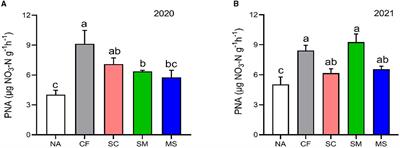EDITORIAL
Published on 08 Aug 2024
Editorial: Microorganisms in sustainable and green agriculture: synergistic effect on carbon sequestration and crop productivity
doi 10.3389/fmicb.2024.1470240
- 698 views
4,473
Total downloads
19k
Total views and downloads
You will be redirected to our submission process.
EDITORIAL
Published on 08 Aug 2024
ORIGINAL RESEARCH
Published on 31 May 2024
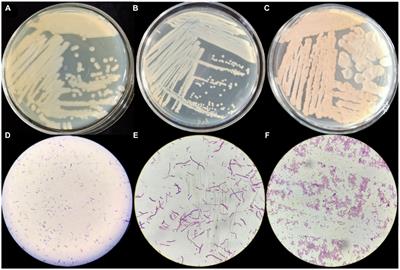
ORIGINAL RESEARCH
Published on 17 May 2024
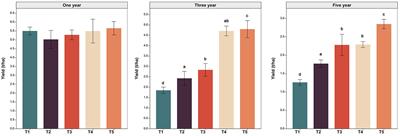
ORIGINAL RESEARCH
Accepted on 06 May 2024
MINI REVIEW
Published on 18 Mar 2024
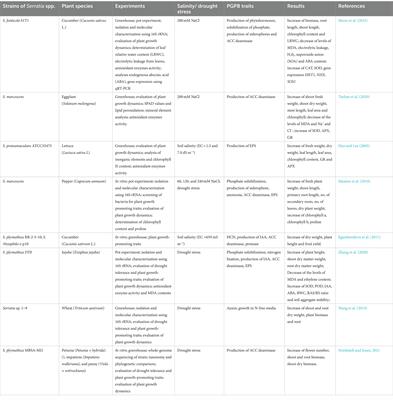
ORIGINAL RESEARCH
Published on 14 Mar 2024
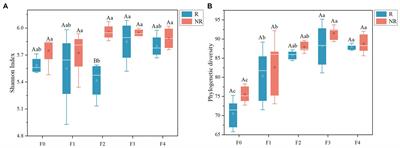
ORIGINAL RESEARCH
Published on 05 Feb 2024
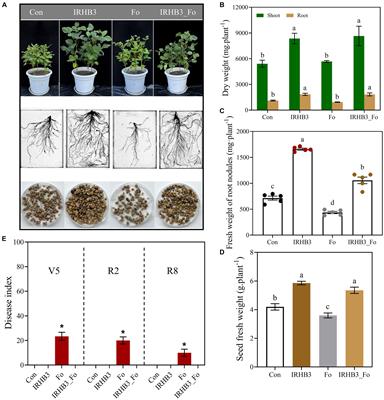
ORIGINAL RESEARCH
Published on 30 Oct 2023
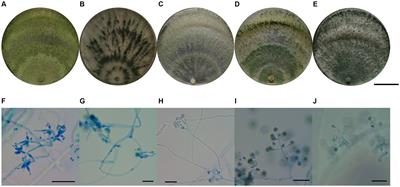
ORIGINAL RESEARCH
Published on 20 Oct 2023
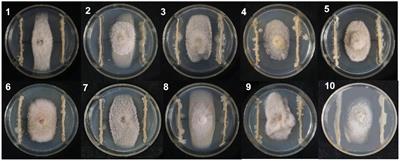
ORIGINAL RESEARCH
Published on 29 Sep 2023
